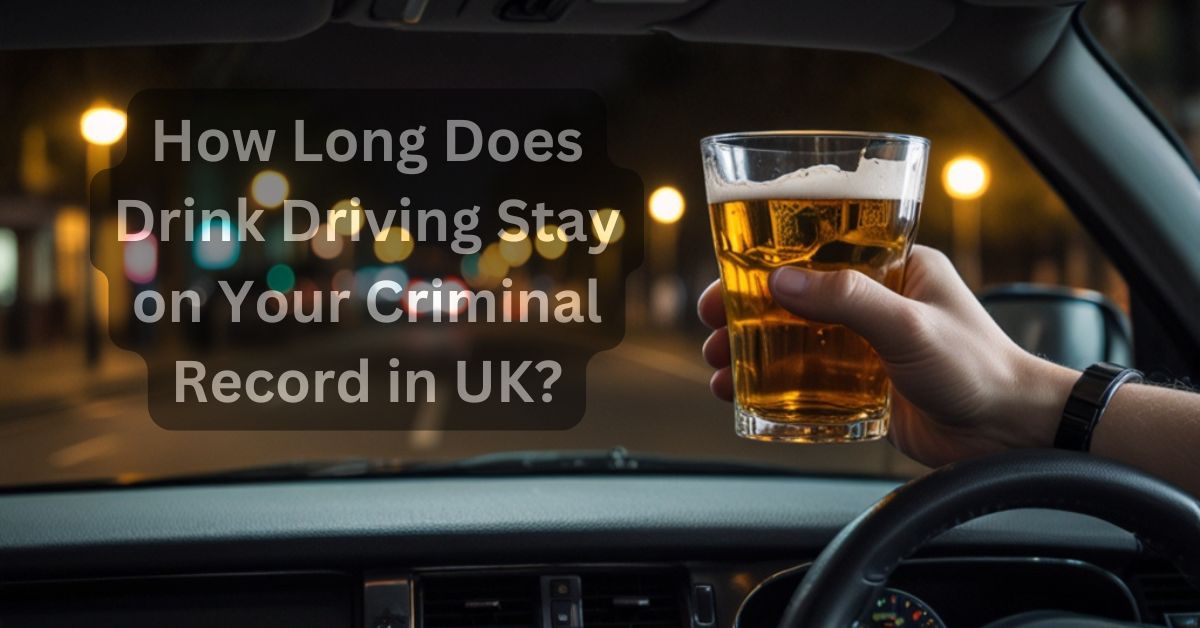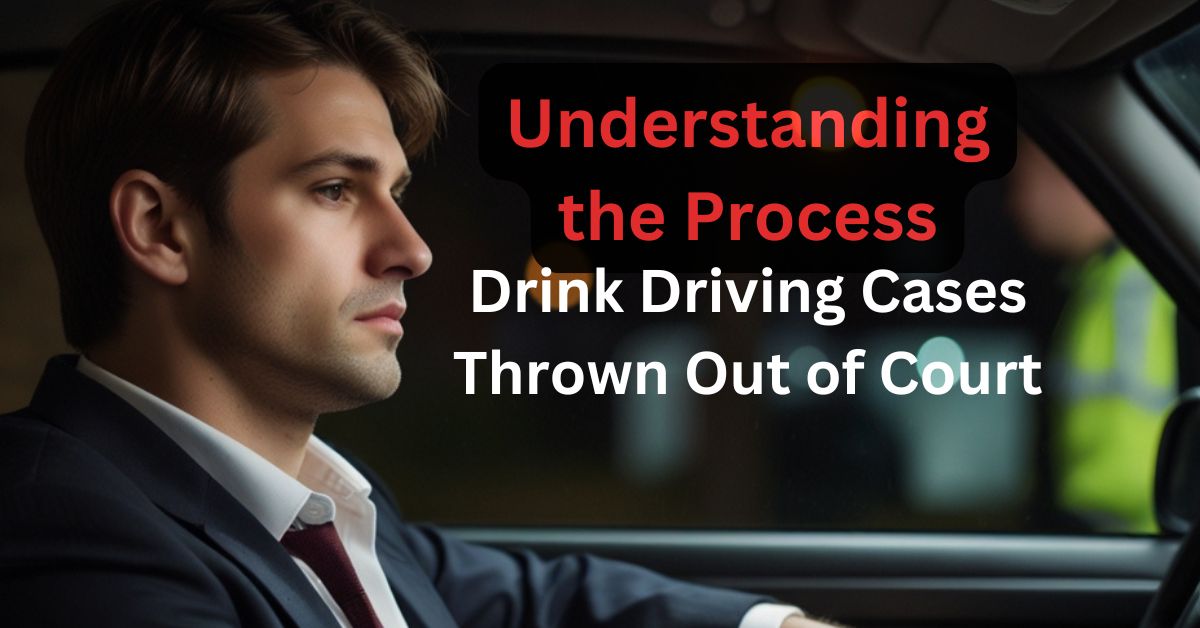Facing a drink driving charge can be a daunting experience, but understanding the legal process and potential defenses can significantly impact the outcome of your case. In this guide, we’ll explore various strategies to contest a drink driving charge, including legal defenses, the role of attorneys, and steps you can take to protect your rights.
Understanding Drink Driving Charges

What Constitutes a Drink Driving Charge?
A drink driving charge typically refers to operating a vehicle while impaired by alcohol or having a blood alcohol concentration (BAC) that exceeds the legal limit, which is usually 0.08% in many jurisdictions.
Types of Offenses
- Driving Under the Influence (DUI): Often used interchangeably with drink driving, a DUI can involve alcohol, drugs, or a combination.
- Driving While Intoxicated (DWI): In some states, this term is used for more severe offenses, often related to higher BAC levels.
Also Read: How Does Drinking Alcohol Affect Your Driving Behaviour Theory Test?
Legal Defenses Against Drink Driving Charges

1. Challenging the Traffic Stop
One of the first defenses you can explore is whether the initial traffic stop was lawful. Law enforcement must have reasonable suspicion to pull you over.
Key Points to Consider:
- Was there a valid reason for the stop?
- Did the officer follow proper protocol?
If the stop was unlawful, evidence obtained during the stop may be inadmissible in court.
2. Questioning the Breathalyzer or Blood Test Results
Breathalyzer and blood tests are commonly used to measure BAC, but they aren’t infallible. You may challenge the results based on:
Also Read: Can I Travel to the USA with a Drink Driving Conviction?
- Improper Calibration: Breathalyzer machines require regular maintenance and calibration. If not properly calibrated, results may be inaccurate.
- Faulty Equipment: The reliability of the equipment can be questioned if there’s evidence it was malfunctioning.
- Improper Administration: The officer administering the test must follow specific procedures. Any deviations can lead to contested results.
3. Proving Rising BAC
Another defense is the concept of “rising BAC,” which suggests that your BAC was below the legal limit while driving but rose above it by the time you were tested.
Key Evidence to Collect:
- Witness Testimonies: Friends or bystanders who can attest to your condition before driving.
- Timing Evidence: Records showing the time of your last drink and the time of the stop.
4. Medical Conditions and Medications
Certain medical conditions or medications can affect BAC results or impair driving ability. If you have a legitimate medical issue that influenced your driving or the test results, this could be a valid defense.
Also Read: How Long Does Drink Driving Stay on Your Criminal Record in UK?
Examples of Relevant Conditions:
- Diabetes: Can sometimes produce false positives on breath tests.
- Prescription Medications: Some medications can impair driving ability without being illegal substances.
The Role of an Attorney
Why You Should Hire a Lawyer
Navigating a drink driving charge can be complex. Hiring an experienced attorney can greatly improve your chances of a favorable outcome.
Benefits of Legal Representation:
- Expert Knowledge: Attorneys are well-versed in DUI laws and can provide critical insights.
- Negotiation Skills: A lawyer can negotiate plea deals or reduced charges.
- Court Representation: Having someone represent you in court can ensure that your rights are protected.
Finding the Right Lawyer
When searching for a lawyer, consider:
- Experience in DUI Cases: Look for someone who specializes in drink driving offenses.
- Track Record: Research their success rates and client reviews.
- Consultation Fees: Many attorneys offer a free initial consultation.
Steps to Take If Charged
1. Remain Calm and Cooperative
If pulled over, it’s crucial to remain calm and polite. Cooperating with law enforcement can prevent additional complications.
Also Read: Can You Get an ESTA with a Drink Driving Conviction?
2. Gather Evidence
After the incident, collect any evidence that may support your case. This could include:
- Witnesses: People who can vouch for your sobriety.
- Receipts: Documentation showing your activities prior to driving.
3. Document Everything
Keep detailed records of everything related to your case, including:
- Dates and Times: When you were pulled over, tested, and any relevant interactions with law enforcement.
- Test Results: Any breathalyzer or blood test results you receive.
4. Attend All Court Dates
Missing a court date can result in additional penalties. Always attend and be prepared to present your case.
FAQs
Can I get my drink driving charge dropped?
Yes, it’s possible to have a charge dropped if you can prove that the stop was unlawful, the tests were improperly administered, or you have a valid defense.
How long does a drink driving charge stay on my record?
In many jurisdictions, a drink driving charge can remain on your record for several years, potentially impacting future driving privileges and insurance rates.
What are the penalties for a drink driving conviction?
Penalties can vary widely but may include fines, license suspension, mandatory alcohol education programs, and possible jail time.
Can I drive while my case is pending?
Depending on the specifics of your case and local laws, you may or may not be allowed to drive. It’s essential to consult with your attorney about your rights and options.
Also Read: Drink Driving Cases Thrown Out of Court
Should I plead guilty or not guilty?
This decision should be made in consultation with your attorney. If there are strong defenses available, pleading not guilty may be in your best interest.
Conclusion
Facing a drink driving charge can be intimidating, but with the right approach and understanding of the legal process, you can effectively contest the charge. By exploring potential defenses, seeking legal counsel, and taking proactive steps, you increase your chances of a favorable outcome. Remember, every case is unique, so it’s essential to tailor your strategy to your specific situation. Always prioritize legal advice to navigate the complexities of your case with confidence.



Post Comment